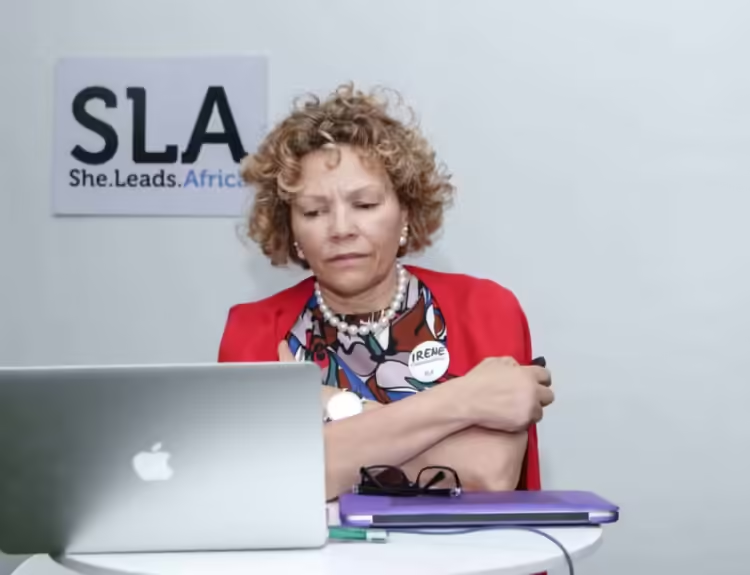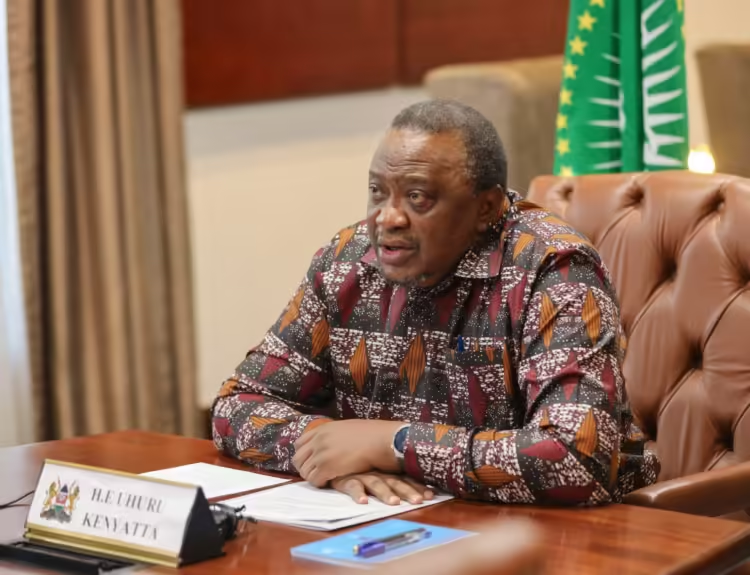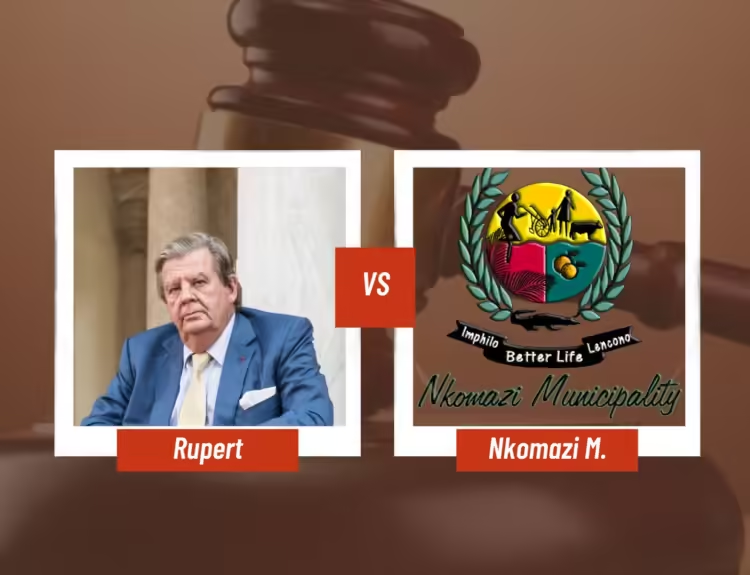Aliko Dangote assures that his refinery is well on track to fulfill the diesel and petrol requirements of West Africa, along with catering to the aviation fuel demand across the entire African continent.
While Africa has several crude oil-producing countries with Nigeria as the largest producer, tragically only two African countries; Algeria and Libya, do not import petroleum products.
Africa sends a lot of its crude oil abroad for processing, only to buy it back at high costs. However, there’s a shift happening. Dangote Refineries is now providing significant amounts of diesel and aviation fuel in Nigeria.
Africa’s richest man mentioned that the refinery’s strategies will guarantee that Africa as a whole achieves self-reliance in the energy industry, highlighting that starting next month, Nigeria will have an ample supply of gasoline from Dangote Refineries.
“Right now, Nigeria has no cause to import anything apart from gasoline and by sometime in June, within the next four or five weeks, Nigeria shouldn’t import anything like gasoline; not one drop of a liter,” he declared.
This news was received with elation in Nigeria which already saw the price of diesel come down from around N1,500 to N1,000 per liter, when Dangote Refineries commenced the sale of diesel and jet fuel in April 2024.
For years, Nigeria has been grappling with the scarcity and price fluctuations of petrol, which is the primary fuel used for transportation and alternative power generators.
However, with the commencement of stable supply from Dangote Refineries, coupled with an expected marginal drop in petrol prices, the Nigerian economy is bound to reap benefits especially given that the bulk of the country’s foreign currency reserves has been going towards fuel importation.
Speaking on Friday, 17th May 2024, at the Africa CEO Forum Annual Summit in Kigali, Rwanda, Dangote expressed his optimism about the transformation of the continent’s energy sector.
“We have enough gasoline to give to at least the entire West Africa, diesel to give to West Africa and Central Africa. We have enough aviation fuel to give to the entire continent and also export some to Brazil and Mexico,” he said.

Dangote also emphasized the expected benefits that would accrue from the refineries byproducts which provide raw materials for several other products that Africa still imports.
“Today, our polypropylene and our polyethene will meet the entire demand of Africa and we are doing base oil, which is like engine oil, we are doing linear benzyl, which is raw material to produce detergent. We have 1.4 billion people in the population, nobody is producing that in Africa.
The other crucial area that Dangote intends to address is food security in Africa. The majority of African nations are still heavily dependent on imported fertilizers, leaving them susceptible to market shocks and price volatility.
This over-reliance on expensive imports exacerbates the issue of declining soil fertility due to low adoption of fertilizers, eventually hindering food production. Dangote intends to ramp up Africa’s fertilizer production capacity.
“As I said, give us three or a maximum of four years and Africa will not, I repeat, not import any more fertilizer from anywhere. We will make Africa self-sufficient in potash, phosphate, and urea, we are at three million tonnes and in the next twenty months, we will be at six million tonnes of urea which is the entire capacity of Egypt. We are getting there.”
The other significant byproduct, he mentioned is, carbon black.
“We have 650,000 barrels per day, 1 million tonnes of polypropylene, we have 590,000 carbon black, that is the raw materials ink, dyes and co. We are expanding more. This is the first phase and we are going out to the next phase which will start early next year.”
Dangote also acknowledged that the journey to establishing one of Africa’s and Europe’s biggest oil refineries was met with massive opposition and many people did not believe he would succeed.
“The pushback was very impactful because there are people who have actually been used to just making money trading without refinery and you know, to get people who are committed to Africa has to be people that believe in investing in Africa because the companies that are operating today are actually not investing, and some of the issues of stopping that investment is going to impact us, not today but in the future, which means our oil production will continue to go down because in oil, unless you keep investing, the production is going to go down.”
He also noted that the other major challenge the refinery and indeed many African entrepreneurs are facing is policy inconsistencies from country to country that make it hard to trade in the continent.






